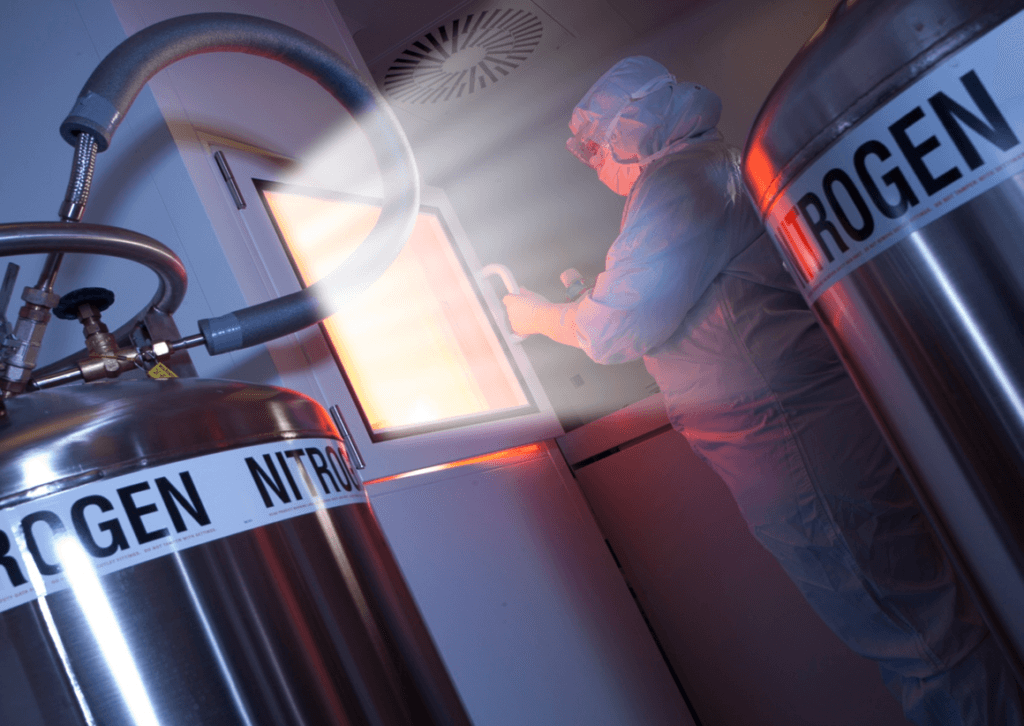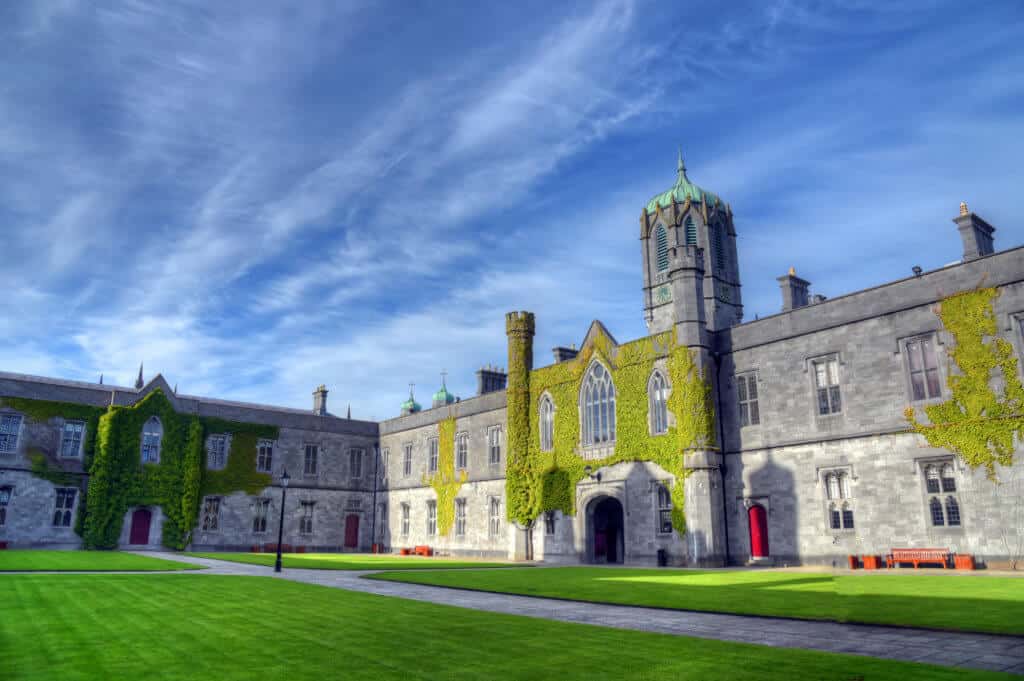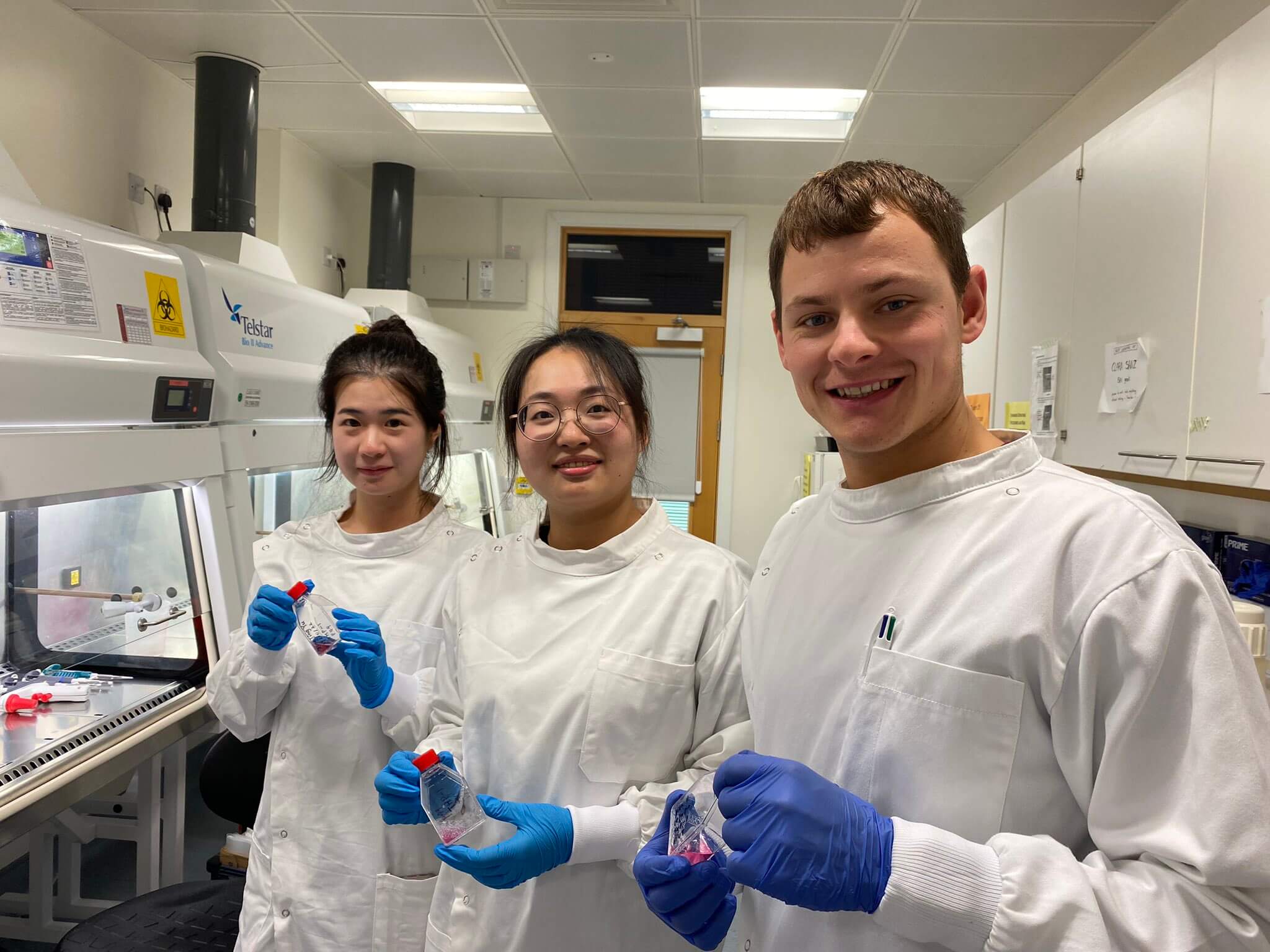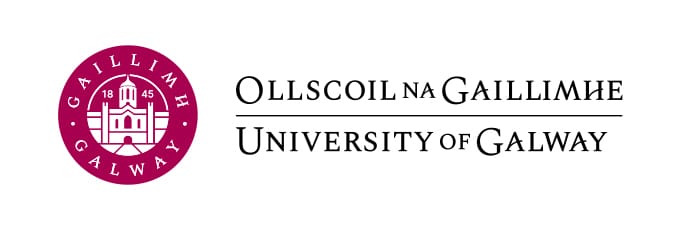Chiaw Woon Teh sought a degree that would make her thrive in clinical research, a competitive and growing field. The MSc (Clinical Research) from University of Galway met her needs.
“It is a comprehensive programme with experienced, dedicated and outstanding lecturers, which includes clinicians, regulatory specialists and clinical trial specialists,” says Teh, who currently works as a research associate. “It gives a great overview of clinical research with the concepts, research ethics and guidelines.”
Such excellence is built on University of Galway’s emphasis on quality education. Its School of Medicine has maintained a tradition of excellence in teaching for over 175 years – thanks to a dedicated faculty that commits itself to tackling medical problems such as responding to the COVID-19 crisis, detecting organisms of public health concerns and using gene testing to assess the risk of breast cancer.
Zoom in, and you’ll discover various state-of-the-art facilities such as the Biomedical Sciences facility, the recently built Human Biology building, the Centre for Cell Manufacturing Ireland, , the Clinical Research Facility, and the Irish Centre for Applied Patient Safety and Simulation.
Little wonder why Galway has been recognised as one of Europe’s premier MedTech hubs, with University of Galway at the heart of this ecosystem. Picture learning from a university that has a centre dedicated to designing the next generation of Smart Medical Devices and that collaborates with world-leading medical device companies such as Medtronic and Boston Scientific, as well as internationally acclaimed institutes including MIT, Harvard University, Johns Hopkins Hospital, Stanford University, McMaster University and the Mayo Clinic.

Galway has now firmly emerged as an internationally-recognised MedTech hub alongside San Francisco, Boston, Minneapolis, Singapore and Berlin. Source: University of Galway
Diverse programmes catered to various medical interests.
University of Galway is where you can develop your expertise in areas like Clinical Education, Healthcare Simulation and Patient Safety or Clinical Research. If you’re passionate about conducting lab research and interested in preventing and controlling heart disease, stroke, diabetes and obesity, you’ll find the programmes to turn these into a rewarding career at the School of Medicine.
The lab-based programmes target medical professionals and individuals with a science and engineering background. Expert tuition is provided in specialised areas such as therapeutics, good manufacturing practices, advanced computational training, and regenerative medicine.
Those curious about stem cells, gene therapy and tissue engineering, as well as how they can be used to develop new therapeutics, can consider MSc (Regenerative Medicine). Be prepared to undertake a summer-long, laboratory-based research project where you could be in research groups based in Dublin and Maynooth.
For those keen on developing their expertise in preventive medicine, look no further than the unique portfolio of five postgraduate programmes in preventive medicine and cardiovascular health. These were developed in partnership with the National Institute for Prevention and Cardiovascular Health.
For example, the MSc (Cardiovascular and Pulmonary Rehabilitation) will equip you with the knowledge and skills required to make meaningful contributions to cardiovascular and pulmonary rehabilitation practice. The best part? You’ll learn in a hybrid setting under the guidance of international leaders and clinical specialists from medicine, nursing, nutrition, exercise, behavioural medicine and public health.
Clinical speciality-focused programmes are designed for healthcare professionals eager to venture into areas like surgery, multidisciplinary radiology, exercise physiology and interventional cardiovascular medicine.
Blended learning options make it easy for working professionals to complete these MSc programmes without jeopardising their full-time jobs. Some programmes, like the MSc (Multidisciplinary Radiology) use a fully integrated clinical and radiological approach to patient care practised among faculty and learners.
Masters of Health Sciences (Clinical Education) and MSc (Healthcare Simulation and Patient Safety) are focused on training healthcare professionals to teach – which will help you in your career as a healthcare educators or when your apply these skills in healthcare simulation.
Alternatively, the MSc (Clinical Research) is suitable for healthcare professionals or those with a science background interested in translating medical discoveries into clinical practice.

Lonely Planet magazine has ranked Galway among the top five cities in the world for 2020. Source: University of Galway
Nestled between Connemara and the Burren, Galway has a larger international community than any other city in Ireland. University of Galway is a part of this community, housing almost 4,000 international students from 110 countries. That’s not including exchange students from over 200 international universities.
With this diversity and commitment to research excellence, the university has made its mark on various international rankings. University of Galway ranks among the top 2% of universities globally, according to QS World University Rankings. The Times Higher Education World University Rankings ranked University of Galway in the top 350 universities. It is also the Irish Sunday Times University of the Year 2022.
Eager to discover your passion in the medical field at Galway? Click here to learn more.
Follow them on Twitter, YouTube and Instagram and check out their Leading Minds podcast.











